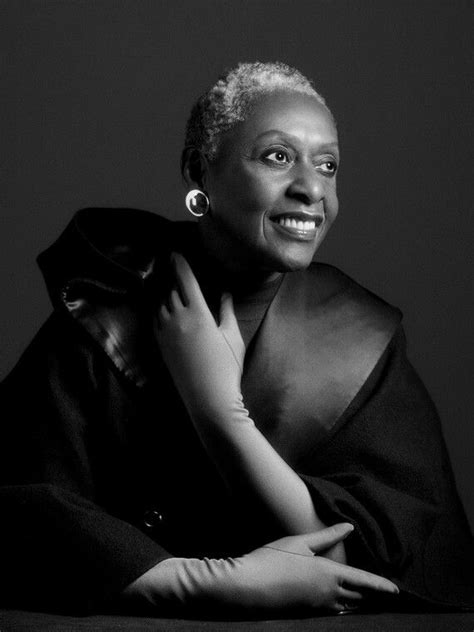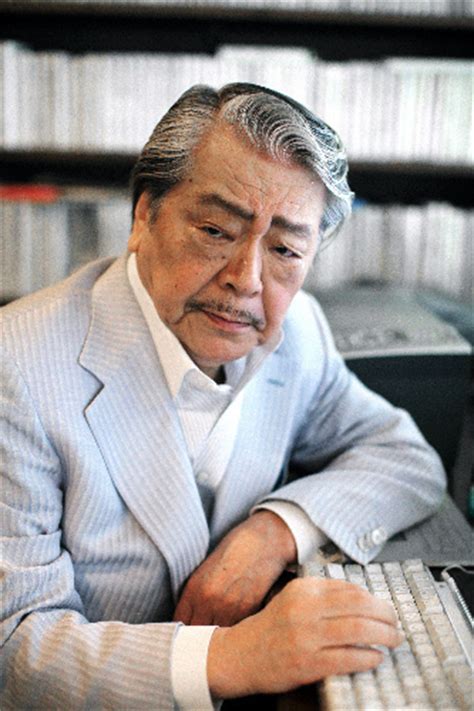A Quote by Philipp Meyer
She wondered how people would remember her. She had not made enough to spread her wealth around like Carnegie, to erase any sins that had attached to her name, she had failed, she had not reached the golden bough. The liberals would cheer her death. They would light marijuana cigarettes and drive to their sushi restaurants and eat fresh food that had traveled eight thousand miles. They would spend all of supper complaining about people like her, and when they got home their houses would be cold and they'd press a button on a wall to get warm. The whole time complaining about big oil.
Quote Topics
About
Any
Around
Attached
Big
Big Oil
Button
Carnegie
Cheer
Cigarettes
Cold
Complaining
Death
Drive
Eat
Eight
Enough
Erase
Failed
Food
Fresh
Fresh Food
Get
Golden
Got
Had
Her
Home
Houses
How
Liberals
Light
Like
Like Her
Made
Marijuana
Miles
Name
Oil
People
Press
Reached
Remember
Restaurants
She
Sins
Spend
Spread
Supper
Sushi
Thousand
Thousand Miles
Time
Traveled
Wall
Warm
Wealth
Whole
Wondered
Would
Would Be
Related Quotes
She didn’t understand why it was happening,” he said. “I had to tell her she would die. Her social worker said I had to tell her. I had to tell her she would die, so I told her she was going to heaven. She asked if I would be there, and I said that I would not, not yet. But eventually, she said, and I promised that yes, of course, very soon. And I told her that in the meantime we had great family up there that would take care of her. And she asked me when I would be there, and I told her soon. Twenty-two years ago.
She wondered whether there would ever come an hour in her life when she didn't think of him -- didn't speak to him in her head, didn't relive every moment they'd been together, didn't long for his voice and his hands and his love. She had never dreamed of what it would feel like to love someone so much; of all the things that had astonished her in her adventures, that was what astonished her the most. She thought the tenderness it left in her heart was like a bruise that would never go away, but she would cherish it forever.
Her library would have been valuable to a bibliophile except she treated her books execrably. I would rarely open a volume that she had not desecrated by underlining her favorite sections with a ball-point pen. Once I had told her that I would rather see a museum bombed than a book underlined, but she dismissed my argument as mere sentimentality. She marked her books so that stunning images and ideas would not be lost to her.
At that moment a very good thing was happening to her. Four good things had happened to her, in fact, since she came to Misselthwaite Manor. She had felt as if she had understood a robin and that he had understood her; she had run in the wind until her blood had grown warm; she had been healthily hungry for the first time in her life; and she had found out what it was to be sorry for someone.
She remembered that once, when she was a little girl, she had seen a pretty young woman with golden hair down to her knees in a long flowered dress, and had said to her, without thinking, "Are you a princess?" The girl had laughed very kindly at her and asked her what her name was. Blanche remembered going away from her, led by her mother's hand, thinking to herself that the girl really was a princess, but in disguise. And she had resolved that someday, she would dress as though she were a princess in disguise.
What do you think it would have been like if Valentine had brought you up along with me? Would you have loved me?" Clary was very glad she had put her cup down, because if she hadn't, she would have dropped it. Sebastian was looking at her not with any shyness or the sort of natural awkwardness that might be attendant on such a bizarre question, but as if she were a curious, foreign life-form. "Well," she said. "You're my brother. I would have loved you. I would have...had to.
She expected the pain, when it came. But she gasped at its sharpness; it was not like any pain she had felt before. He kissed her and slowed and would have stopped. But she laughed, and said that this one time she would consent to hurt, and bleed, at his touch. He smiled into her neck and kissed her again and she moved with him through the pain. The pain became a warmth that grew. Grew, and stopped her breath. And took her breath and her pain and her mind away from her body, so that there was nothing but her body and his body and the light and fire they made together.
The girl had a certain nobleness of imagination, which rendered her a good many services and played her a great many tricks. She spent half her time in thinking of beauty, bravery, magnanimity; she had a fixed determination to regard the world as a place of brightness, of free expansion, of irresistible action, she thought it would be detestable to be afraid or ashamed. She had an infinite hope that she would never do anything wrong. She had resented so strongly, after discovering them, her mere errors of feeling.
Tessa had begun to tremble. This is what she had always wanted someone to say. What she had always, in the darkest corner of her heart, wanted Will to say. Will, the boy who loved the same books she did, the same poetry she did, who made her laugh even when she was furious. And here he was standing in front of her, telling her he loved the words of her heart, the shape of her soul. Telling her something she had never imagined anyone would ever tell her. Telling her something she would never be told again, not in this way. And not by him. And it did not matter. "It's too late", she said.
What parts had she discarded for the sake of her sanity? What had she cut from herself? Had he stared into her pupils he would have emerged, bewildered and blinking, on the far side of the earth. Was he awed by her? Absolutely. Did he respect her? Unequivocally. Want to be anything like her? No, never, not at all.
As a child, Kate hat once asked her mother how she would know she was in love. Her mother had said she would know she was in love when she would be willing to give up chocolate forever to be with that person for even an hour. Kate, a dedicated and hopeless chocoholic, had decided right then that she would never fall in love. She had been sure that no male was worth such privation.
If she took Po as her husband, she would be making promises about a future she couldn't yet see. For once she became his wife, she would be his forever. And, no matter how much freedom Po gave her, she would always know that it was a gift. Her freedom would be not be her own; it would be Po's to give or to withhold. That he never would withhold it made no difference. If it did not come from her, it was not really hers.
I was the first person that had been so kind to Iman Abdulmajid. As time went on, and she became successful, signed with an agency, when she had to make big decisions, she wouldn't always talk to an agent, she'd ask me. I'd give her good advice and she'd be on her way. When I had ideas to do things like the Black Girls Coalition, I would always talk to her, she always loved my ideas. She trusts me.
She could see the name Fukamachi on a shiny name-plate by the door of the house, but it was a name that meant nothing to Kazuko. And at that moment, in her heart, she began to dream of meeting someone. Someone special who would one day walk into her life. Someone she would instantly feel she had known for years. Someone who would feel the same about her.
She'd assumed she'd be married and have kids by this age, that she would be grooming her own daughter for this, as her friends were doing. She wanted it so much she would dream about it sometimes, and then she would wake up with the skin at her wrists and neck red from the scratchy lace of the wedding gown she'd dreamed of wearing. But she'd never felt anything for the men she'd dated, nothing beyond her own desperation. And her desire to marry wasn't strong enough, would never be strong enough, to allow her to marry a man she didn't love.




































